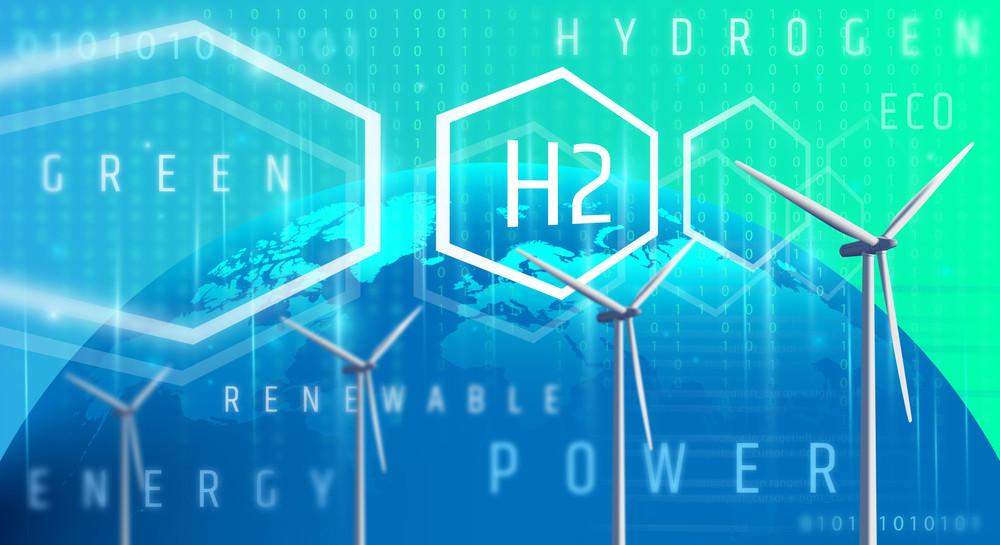Kenya, South Africa, Namibia, Egypt, Morocco, and Mauritania formally launched the Africa Green Hydrogen Alliance on Tuesday for supercharging green hydrogen development in the continent.
The Alliance was formally launched at the first-ever Green Hydrogen Global Assembly, held in Barcelona, with support from the UN Climate Change High-Level Champions, the Green Hydrogen Organization, the African Development Bank, and UN Economic Commission for Africa. The launch comes post the initial discussions at COP26, and the Alliance is now inviting more countries to join the effort, responding to the opportunities presented by lower-cost renewables, fast-developing electrolyzer technology, and signals in some major markets that green hydrogen demand is likely to emerge at scale this decade.
"With its huge renewable energy resource wealth and land space, Africa has a chance to become a frontrunner in this burgeoning green hydrogen industry, creating zero-emission jobs, domestic energy supplies and export revenues fit for a decarbonised future. But to get there, we need radical collaboration across the governments, the private sector and civil society to set the right policy and investment frameworks, and we need to secure long-term offtake agreements," said Nigel Topping and Dr. Mahmoud Mohieldin, the UN Climate Change High-Level Champions.
"The Africa Green Hydrogen Alliance will go a long way in fostering these developments."
Many African countries are better suited to develop green hydrogen, as there is a strong solar and wind energy potential and large tranches of non-arable land. This could provide Africans with new access to clean energy sources, job opportunities in the zero-emission economy, public health benefits such as cleaner air, domestic wealth creation, and export revenues. However, to bring about the shift from reliance on fossil fuels to clean energy technologies, the countries recognize there is a need for cooperation and collaboration across governments, businesses, investors, multilateral development banks, civil society, technical and academic experts, and others. Governance will be key, with transparency and accountability central to ensuring the green hydrogen sector avoids the pitfalls that have plagued extractive industries on the continent for so long.
Given these factors, the African Green Hydrogen Alliance aims to serve as a platform for the African countries to collaborate on workstreams, explore synergies between green hydrogen projects, share lessons learned, and research and development, as well as collaborate with the private sector, and develop finance institutions, and civil society. These efforts will include the development of public and regulatory policy, capacity building, financing and certification need to mobilize green hydrogen production for domestic use and export.
Green hydrogen is key to Africa's shift to green energy. It must provide energy for Africa's growing population and industrial needs. It will also offer a major export opportunity for the continent, commented Green Hydrogen CEO, Jonas Moberg.
"Capacity to govern this key part of the energy transition is needed. We need to learn from each other and coordination is needed across government, industry and civil society. This is why we are delighted to provide a secretariat to the Africa Green Hydrogen Alliance," he added.
Read More

